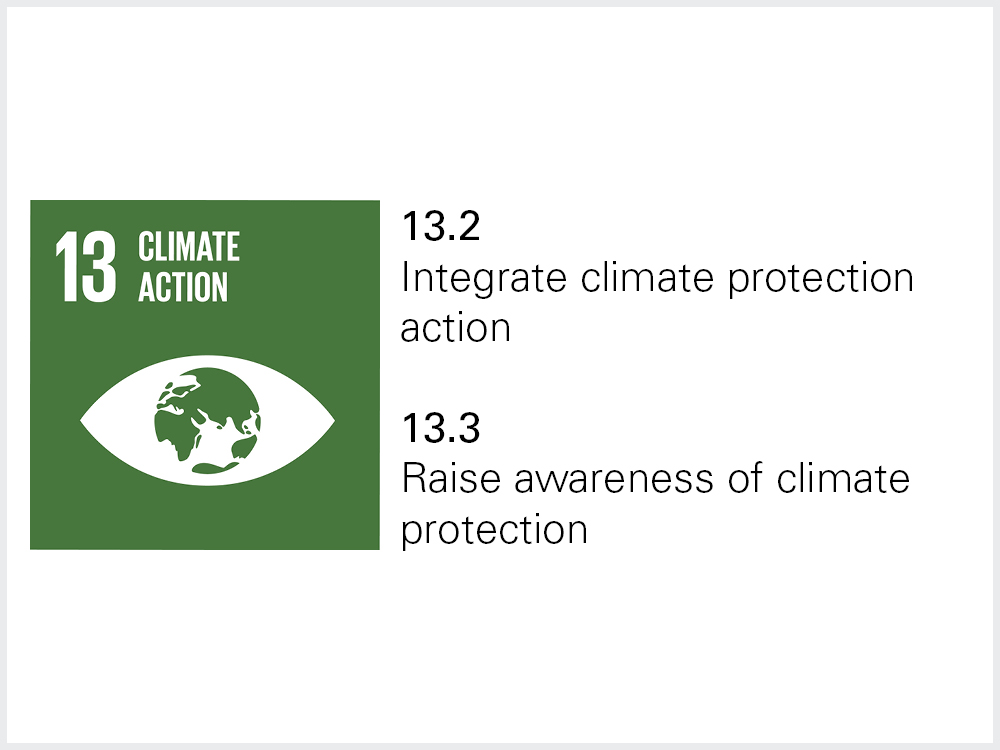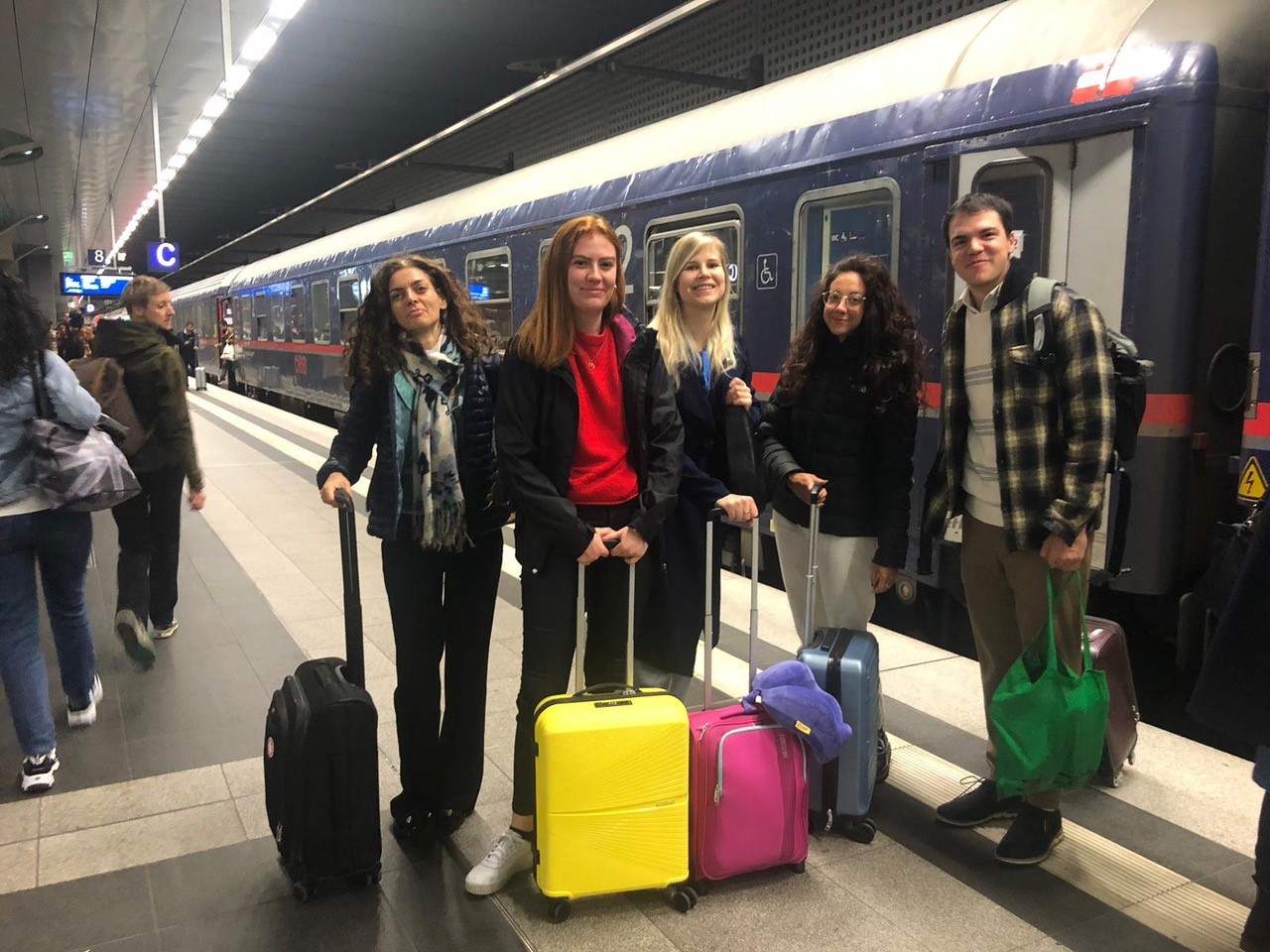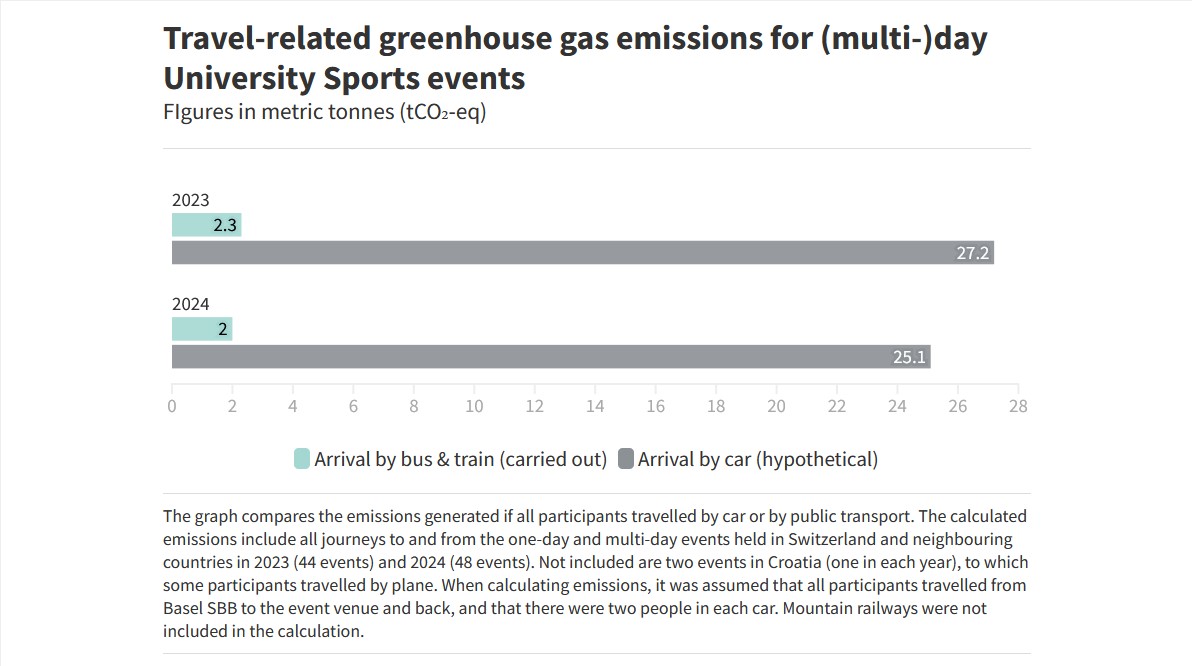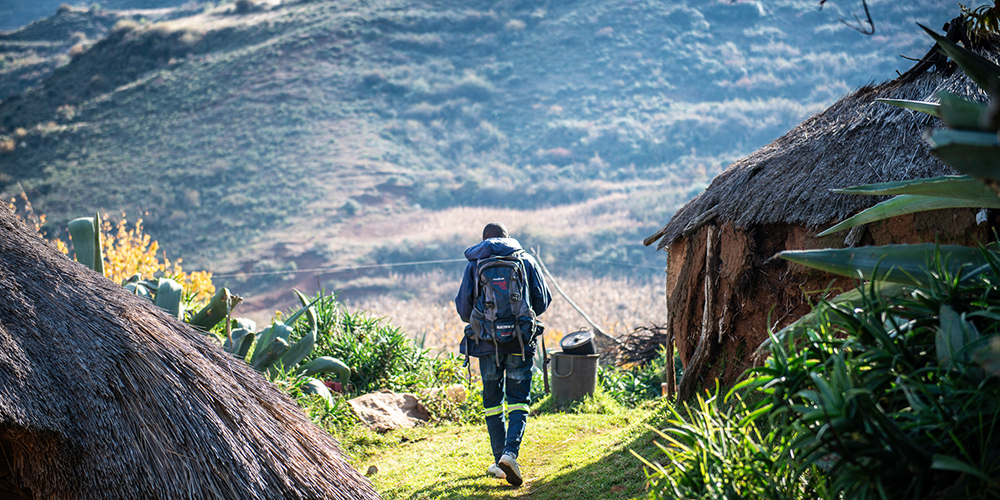Mobility
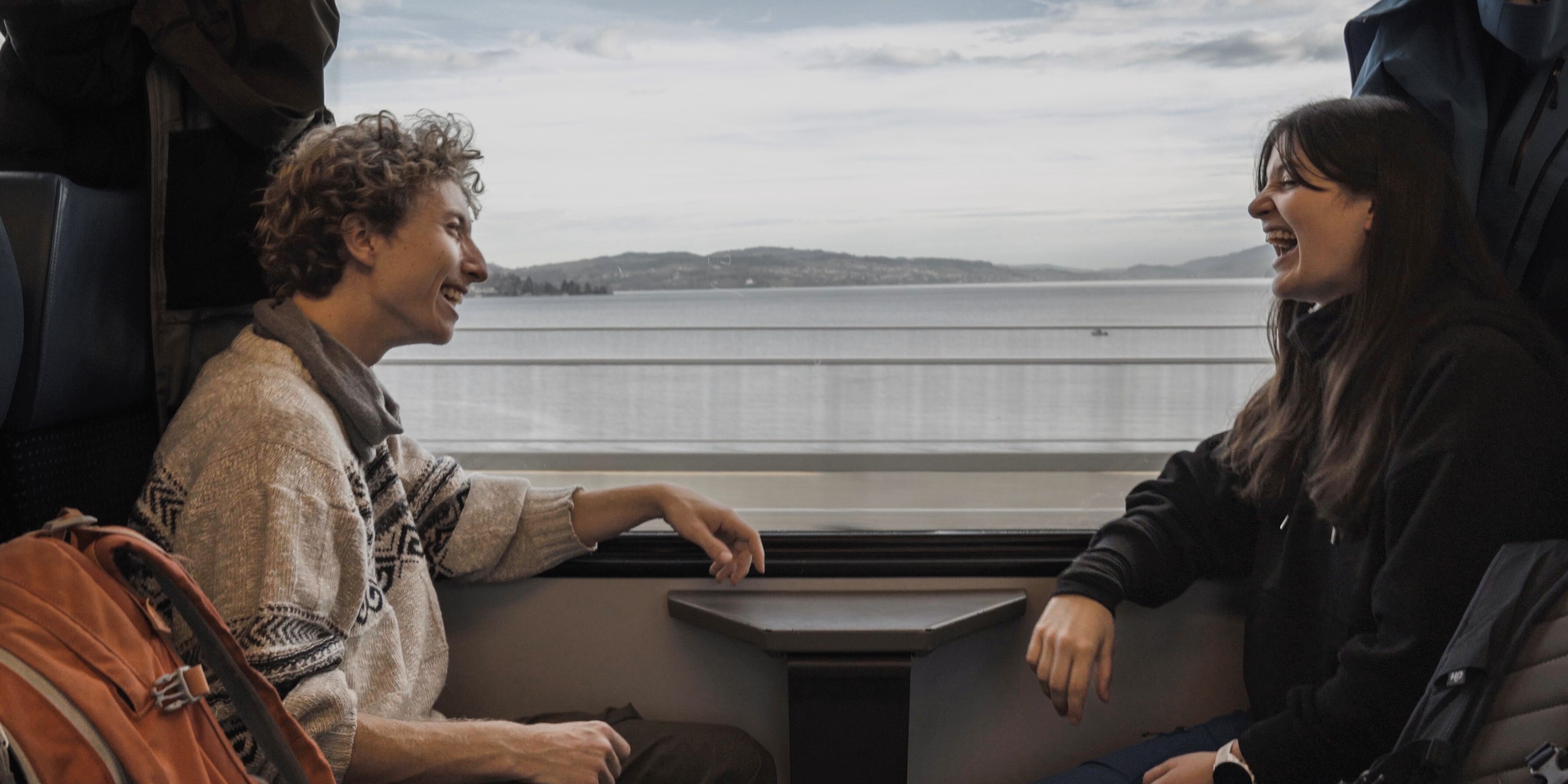
In the past two years, the University of Basel has seen a significant increase in travel following the Corona pandemic. In 2024, for the first time, the reduction target for flight emissions of 30% compared to the 2017-19 baseline was not achieved. Still, successful initiatives from research, University Sport and administration demonstrate more climate-friendly mobility is possible. Several faculties and departments, for example, achieved emission reductions of 50-80% by developing and implementing ambitious action plans.
Air travel is on the rise again
The number of flights in 2023 (5,425 flights) and 2024 (6,113 flights) increased significantly. Accordingly, flight-related emissions also increased from 2,428 tonnes of CO2-eq in 2023 to 2,895 tonnes of CO2-eq in 2024. A reduction of 30% was therefore achieved in 2023 and a reduction of 20% in 2024 compared to the 2017-2019 baseline, meaning that the reduction target of 30% set by the Rectorate was not achieved for the first time in 2024. Long-haul flights (longer than 1,600 km) account for around 40% of flights, but are responsible for more than 80% of total flight emissions.
As part of the less for more program, all university faculties, departments and institutes have developed their own measures to reduce their flight emissions since 2021, while also taking into account the different specialist cultures in research and teaching. Notably, the greatest savings were achieved by those faculties and departments that have defined comparatively ambitious and far-reaching measures.1 Here, reductions in flight emissions of up to 80% were achieved in 2024 compared to the 2017-19 baseline.
The greenhouse gas emissions caused by employees on business trips by car, train or bus as well as by meals and overnight stays away from home were also calculated. However, they are only responsible for around 8% of total emissions from business travel.2
Infrastructure and support for virtual meetings
Online meetings and hybrid communication can reduce travel, especially in established collaborations and projects or recurring meetings. At the University of Basel, the existing infrastructure has been gradually expanded over the past two years to enable virtual participation in meetings, conferences and courses on a broader scale. For example, several seminar rooms have been equipped with smart screens and video conferencing facilities and so-called “Meeting Owls” (mobile 360-degree video conferencing cameras with microphones) can be borrowed from the University Library. Further options for optimizing support structures are currently in the works.
Taking the night train to Berlin: an experience report
“In September 2024, our laboratory team took part in the annual conference of the European Competence Network for Mastocytosis (ECNM) in Berlin. We made a conscious decision to travel by night train. In addition to the ecological motivation, logistics also played a role, as a morning flight would have arrived too late. The night train journey from Basel SBB on the ÖBB Nightjet was a first for some of us - but despite initial skepticism due to fear of sleep deprivation, the journey was surprisingly pleasant.
The ecological benefits of the trip were considerable: a flight would have caused around 230 kg of CO₂ per person, the night train only 15 kg - so we were able to save a total of around 5,200 kg of CO₂. After the congress, which as always provided inspiring scientific insights and international exchange, we set off on our return journey on a punctual ICE train, which took us back to Basel comfortably in around seven hours. The experience has shown: Sustainable travel is also possible and practicable in a scientific context. We are considering taking the train again for the next annual conference in London - perhaps even crossing the Eurotunnel. After all, sustainability starts with small decisions - and our trip to the ECNM meeting was a step in the right direction.”
Further projects and measures in the area of mobility are presented in the following picture gallery:
Sustainable travel to university sports activities
The University Sports course locations deliberately focus on courses in Switzerland or in the Basel tri-border region in order to facilitate sustainable mobility. The travel time should be in good proportion to the teaching time. Special offers can take place in neighboring countries. If the journey is organized by the participants themselves, it must be possible to travel by public transport. If the journey is organized by University Sport, public transport is preferable. Air travel is avoided whenever possible. By using public transport, around 23 and 25 tCO2-eq could be saved in 2023 and 2024 respectively compared to traveling by car (see chart).
[1] The flight emissions of the organizational units are made available to the faculties, departments and institutes annually in a digital dashboard, but are not published publicly.
[2] Greenhouse gas emissions from commuting by employees and students have not yet been quantified.

